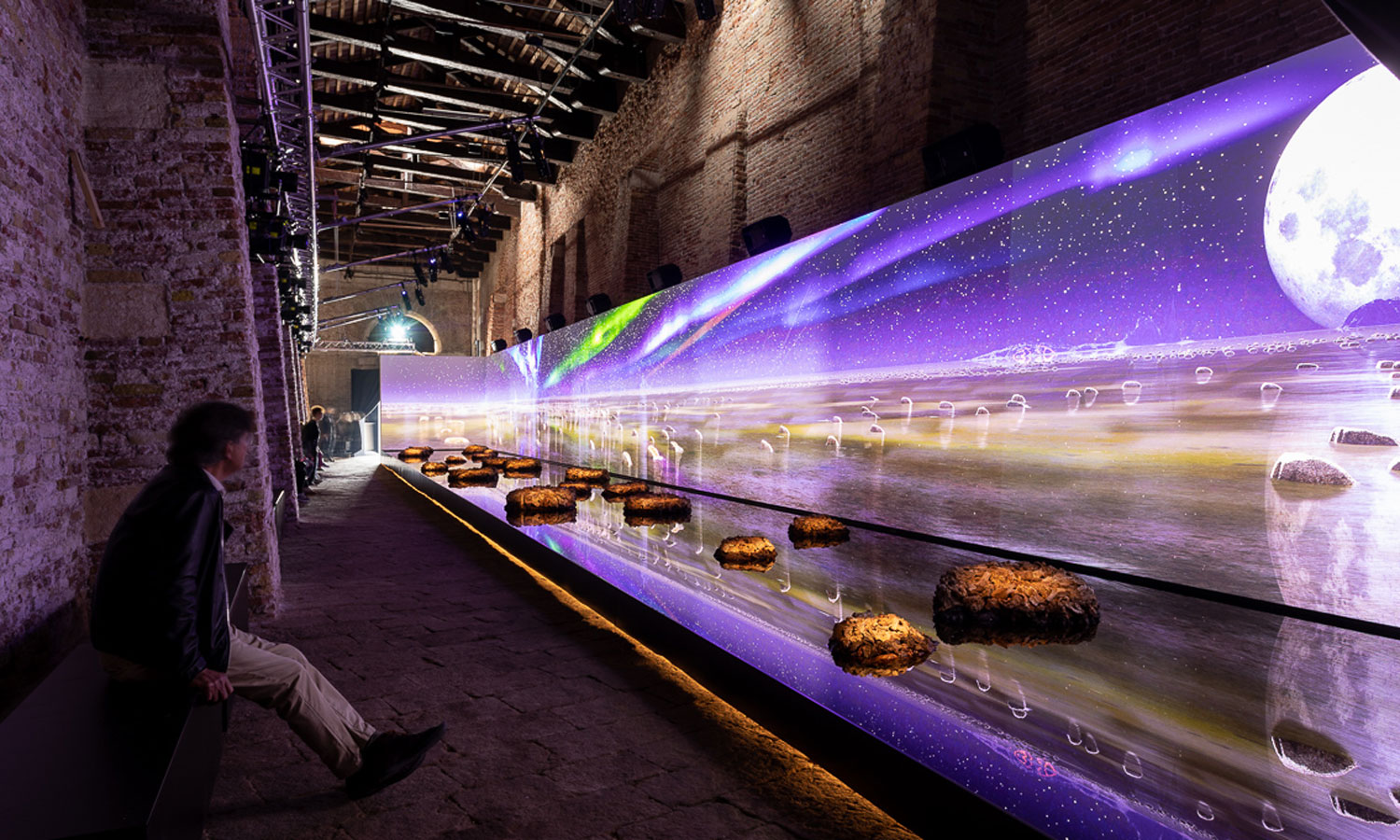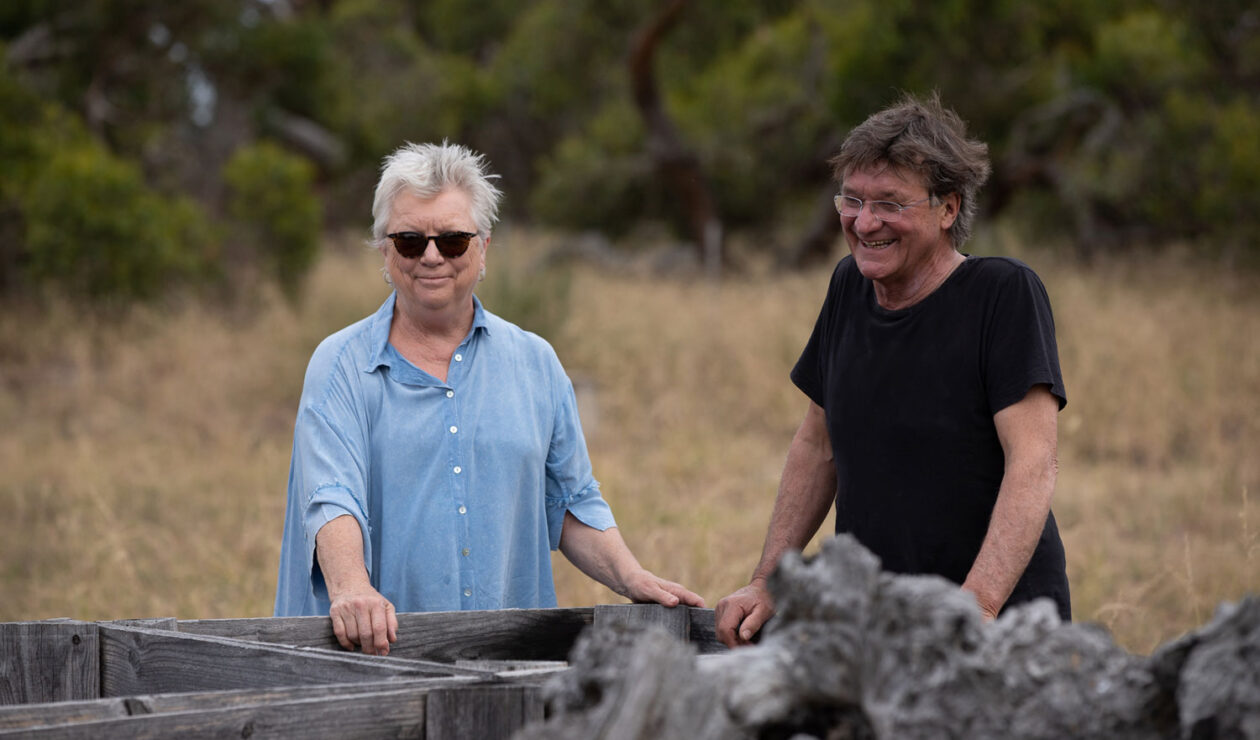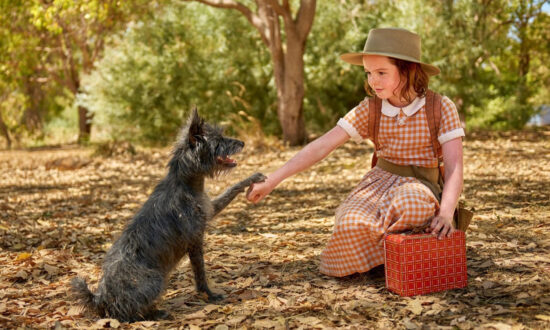When news percolated of James Darling’s death – actually, more than percolated among his friends, it ricocheted – the reaction was one of both shock and regret.
The regret part comes, as it does for most of us, when someone you have known well passes from the scene unexpectedly.
You regret not communicating more, picking up the phone, checking in, writing a letter, sending an email, taking a road trip.
James died in a vehicle accident on his farm, Duck Island, near Keith in South Australia.
In his nearly 50 years at Duck Island, he expanded the farm from 3699 hectares, much of it uncleared when he took over, to its present 10,196 hectares, a big chunk given over to conservation reserves.
He would not use the word “tamed’’ to describe his efforts at Duck Island. With his partner, Lesley Forwood, he would say that he learned to get the best out of what would be regarded as marginal country.
He did this by a process of trial and error amid bushfire, drought and flood.
In 1976, just two paddocks of 188 hectares were available for livestock. In the years following, thousands of hectares were cleared to support what became James’ pride and joy: composite Angus and black Simmental cattle.
In the commercial management of Duck Island, he showed some of the business attributes of the Darling dynasty, pioneers of wheat exports from South Australia to Europe in the windjammer’s trade, and early investors in BHP.
James’ land-clearing of mallee scrub and melaleuca flats exposed vast quantities of mallee root, lignotubers of an arid-land eucalypt. With Lesley, he adapted the flint-hard mallee roots for artistic purposes.
Together, they created installations that conveyed a message about the timelessness of the world’s oldest continent. Notable international exhibitions included the Living Rocks: A Fragment of the Universe installation at the Venice Biennale in 2019.
In James’ own words:
“Mallee roots are quintessentially Australian. They speak of land, culture and genealogy. They speak of the evolution of our continent and confront our present-day understanding of history, ecology and management.”

James Darling and Lesley Forwood’s Living Rocks – A Fragment of the Universe at La Biennale di Venezia, 2019. Photo courtesy the artists and Hugo Michell Gallery
James Anderson Darling was born in Melbourne in late 1946, second son of Gordon and Margaret Darling. He went to Glamorgan, preparatory school of Geelong Grammar, at the age of four, and ended his school career at Geelong Grammar in 1964.
Those of us who were his contemporaries would know him as a good student, a competitive sportsman, an assertive personality and someone whose destination seemed unlikely, if we’d thought about it, atop a D6 bulldozer clearing land in rural South Australia.
The Greek Islands – and Astypalea in particular, with his friend, filmmaker Jim Wilson – were a magnet for him throughout his life. He had become acquainted with Jim while involved in Melbourne in the movement for the Restoration of Democracy in Greece
All this time, which included a decade and a half outside the country, he wrote both prose and poetry copiously. He had a novel accepted for publication, but withdrew it. Writing in his journal became a daily discipline.
At his death, James was in the process of getting all his words in order so that he could provide a record of a life.
In his home district he became, in his own words, a “community activist’’ in preserving the environment, and in art and theatre. He was a generous contributor, along with Lesley, to the artistic and cultural life of his local community.
Further afield in the South Australian world of art and literature, James was a supporter of the Art Gallery of South Australia, along with the Restless Dance Theatre, the Adelaide Film Festival and the Adelaide Festival.
He was a founding supporter of the non-profit InReview arts journalism project launched to encourage arts writing in Australia. InReview’s philanthropy director, Sarah Killey, says his support had been invaluable.

Get InReview in your inbox – free each Saturday. Local arts and culture – covered.
Thanks for signing up to the InReview newsletter.
Hugo Michell of Hugo Michell Gallery, which exhibits James’ and Lesley’s mallee root installations, credits him with being a longstanding and generous supporter of young local artists. Michell describes James as a “unique and singular individual’’.
James Darling leaves behind an extensive legacy of a successful working farm, imaginative use of ageless and indestructible mallee roots, a written record of his life, sketches and paintings, prose and poetry, and photographs that have recorded a life of many parts.
In 2007, he was made a Member of the Order of Australia for his contributions to conservation, the environment, sustainable land management practices and to the local community of Keith. He was a pioneer in getting the best out of a saline environment.
James Anderson Darling AM (1946-2024) is survived by his partner, Lesley Forwood, two children, Edward from his first marriage to Angela, and Alice, with Lesley, stepson Julian and five grandchildren, Reuben, Elia, Raphael, Sasha and Arie, brother Michael and sisters Sarah and Clare.
Tony Walker is a journalist of more than 50 years for various publications, including the Australian Financial Review, Financial Times, The Age, the Sydney Morning Herald, and ABC. He was a school contemporary and lifelong friend of James Darling.
Support local arts journalism
Your support will help us continue the important work of InReview in publishing free professional journalism that celebrates, interrogates and amplifies arts and culture in South Australia.
Donate Here




